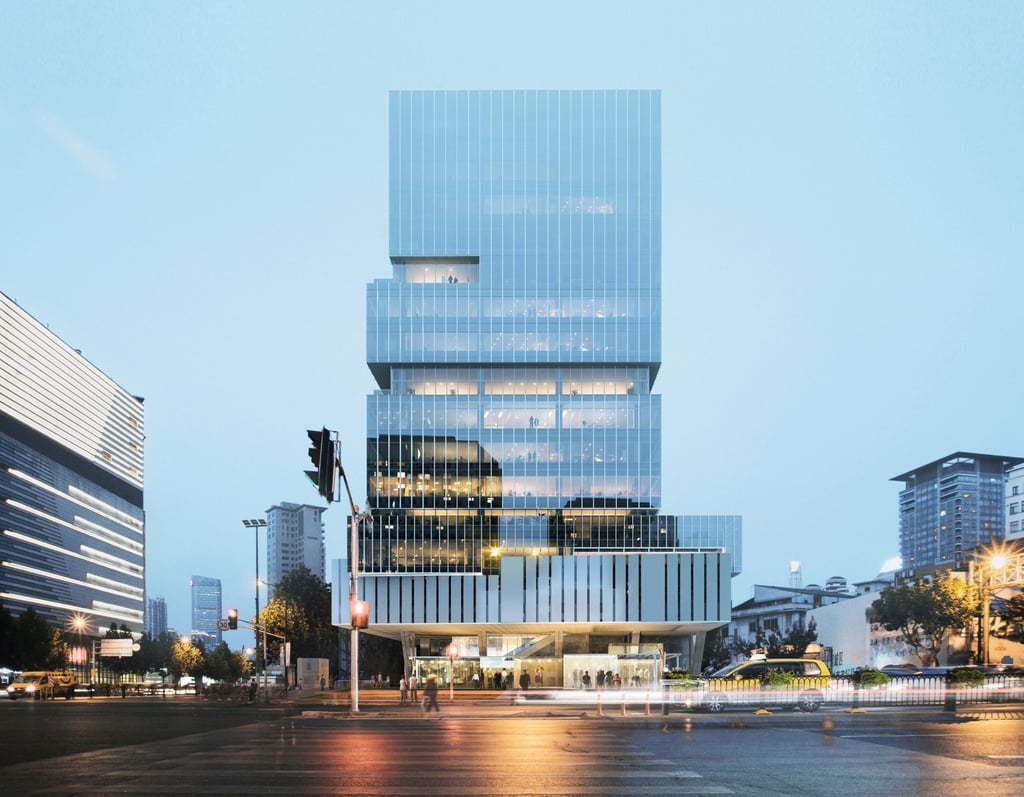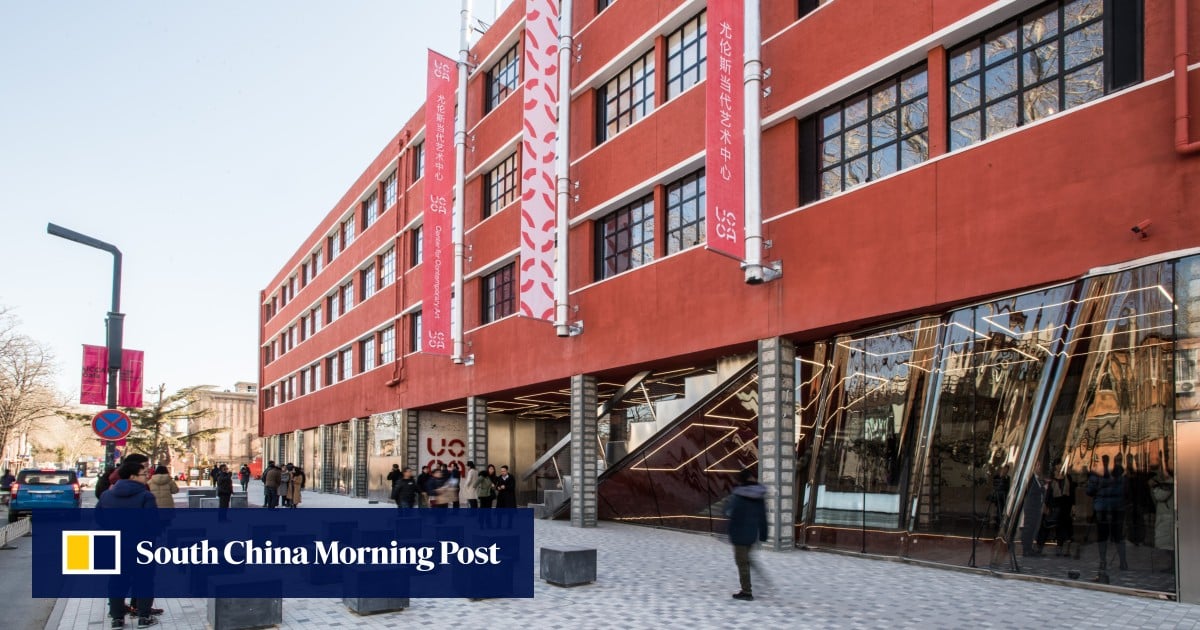A wave of closures and cutbacks is sweeping through China’s private art museums, ringing alarm bells about the sector’s sustainability and raising questions about the outlook for one of the world’s biggest art markets.
The Jupiter Museum of Art, in Shenzhen, announced its shutdown in June. Days later, Qingdao’s TAG Art Museum followed suit. Others, such as Ennova Art Museum in Langfang, founded by the company behind Hong Kong-listed ENN Energy Holdings, have been dormant for months.
Even the Beijing-headquartered UCCA Centre for Contemporary Art has come under financial pressure. Insiders say the pioneering 18-year-old institution withheld wages from January to June, and that its plans for its Shanghai branch, which opened in 2021, are unclear.
The UCCA was founded in Beijing’s 798 Art District in 2007 by the late Belgian collectors Guy and Myriam Ullens and is one of the oldest non-profit contemporary art centres in mainland China. Under long-time director Philip Tinari, it has maintained a solid international reputation for its ambitious and timely responses to contemporary trends. UCCA’s third museum, in Shanghai, opened in 2021 and occupies three floors of the Edge (pictured), a commercial building. Photo: UCCA
UCCA’s third museum, in Shanghai, opened in 2021 and occupies three floors of the Edge (pictured), a commercial building. Photo: UCCA
The non-profit foundation, backed by private investors, has expanded its footprint aggressively, opening three more branches: in Beidaihe in 2018, Shanghai in 2021 and Yixing in 2024.
